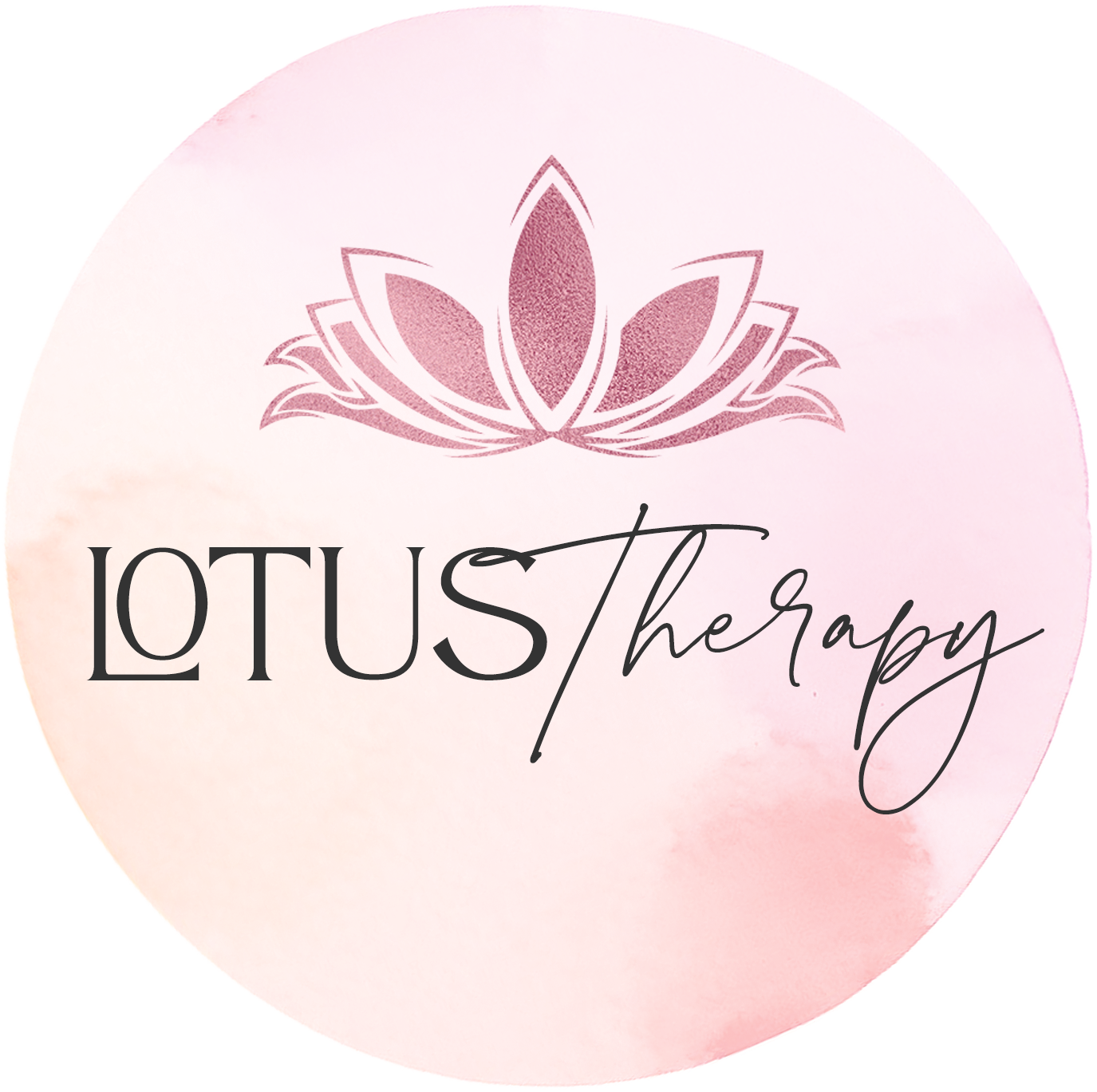Transforming Anger Into Connection & Growth
A Guide For Couples
Conflict is a natural part of any relationship, and feeling a fight coming on is something every couple experiences. Instead of viewing it as a threat, consider it an opportunity for growth and connection. In this article, we'll explore how to navigate anger in a way that strengthens your relationship, fosters understanding, and brings you closer together.
Acknowledge Your Emotions
Before diving into a potentially heated conversation, take a moment to acknowledge your emotions. Recognize that anger is a normal response, often stemming from unmet needs or unexpressed feelings. By understanding the source of your anger, you can approach the conversation with greater self-awareness.
Choose the Right Time and Place
Timing is crucial when addressing conflicts. Choose a time when both you and your partner can engage in a conversation without distractions. Find a quiet and comfortable space where you can talk openly without feeling rushed.
Practice Active Listening
Communication is the key to resolving conflicts. Practice active listening by giving your partner your full attention. Avoid interrupting and focus on understanding their perspective. Reflect back what you hear to ensure you both feel heard and validated.
Use "I" Statements
When expressing your feelings, use "I" statements to avoid sounding accusatory. For example, say "I feel upset when..." instead of "You always make me feel..." This helps to express your emotions without placing blame, fostering a more constructive conversation.
Express Your Needs Clearly
Articulate your needs and desires in a clear and constructive manner. Instead of dwelling on past grievances, focus on what you both can do moving forward to meet each other's needs. This shifts the conversation from blame to problem-solving.
Take Breaks When Needed
If the conversation becomes too intense, it's okay to take a break. Communicate with your partner about the need to step away temporarily to cool off and both honor this! Use this time to reflect on your feelings and come back to the conversation with a clearer mindset.
Seek Professional Guidance
Sometimes, conflicts may require the assistance of a couples therapist. Seeking professional guidance doesn't signify failure; rather, it shows your commitment to the relationship's well-being. A therapist can provide tools and strategies to navigate conflicts more effectively.
Learn and Grow Together
Every conflict is an opportunity for personal and relational growth. Take the lessons from your disagreements to learn more about each other and yourselves. Embrace the idea that challenges can lead to stronger connections when approached with openness and a willingness to learn.
Feeling a fight coming on doesn't have to be a source of anxiety. By transforming anger into an opportunity for connection and growth, couples can navigate conflicts with empathy, understanding, and a commitment to strengthening their relationship. Remember, the journey of growth is one you embark on together, hand in hand.
Written By: Crystin Nichols MS, RMFTI

